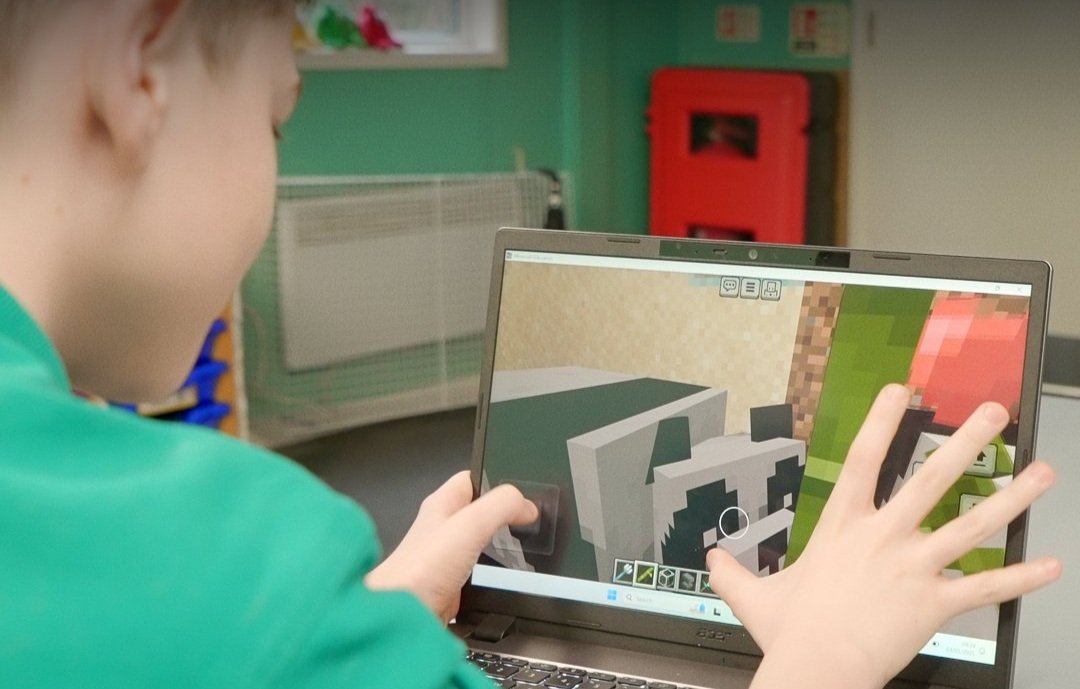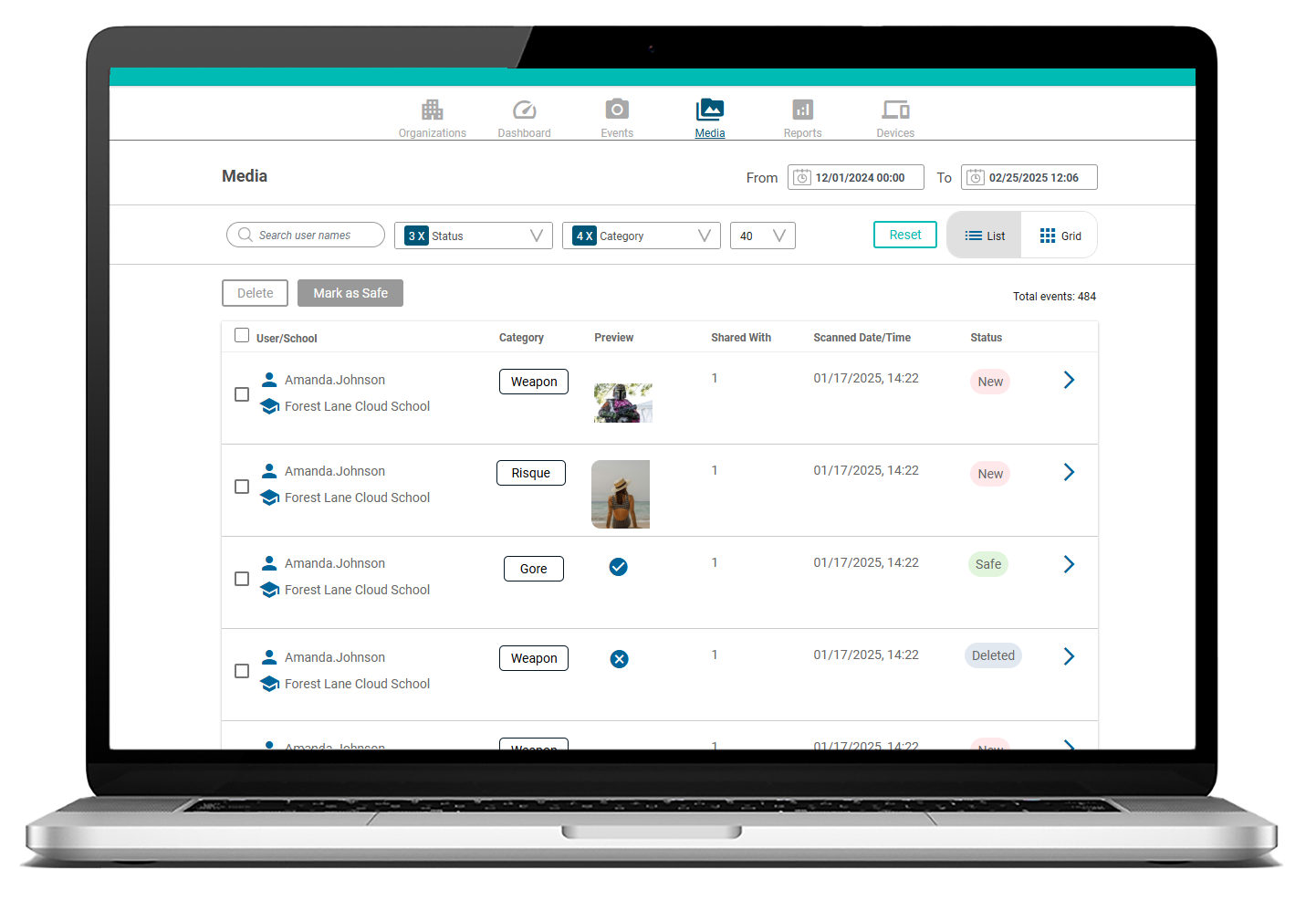Tom Eyre, Co-Founder and Co-CEO at Loqbox, a financial wellbeing business, discusses how parents can help their children build healthy financial habits.
A recent Financial Times survey in 2021 found that 90% of people in England felt they’d learnt “nothing at all” or “not very much” about finance at school. And this financial literacy gap can cause problems later on in life. Shocking statistics when you consider what a vital life skill this is.
Yet at the age of 18, we can blindly apply for credit cards, student loans and overdrafts with no understanding of the implications or how they can affect credit scores.
That’s why it’s so important for children to learn good and healthy financial habits from an early age. The sooner we begin nurturing these habits, the more empowered and confident young people will be in managing their finances, and the better their overall health will be.
How financial health links to overall health
When we talk about financial wellbeing, we’re really talking about more than a number on a bank balance.
When we feel like we have enough money to cover the basics – and enough to cover emergencies and the things we enjoy – money can help us to feel safe and secure. On the other hand, when money is tight or if we’re having a tough time financially, it can sometimes feel like money is affecting our overall wellbeing. The reality is, money can make us feel worried, uncomfortable, anxious, or even guilty.
Providing children with the awareness of how emotions can influence spending decisions, and teaching them to recognise and manage these emotions, is a powerful tool for ensuring their money is wisely spent and lasts longer. Helping them set financial goals provides motivation, making it easier for them to decide whether to spend their money today or save it for something they want in the future.
From our careers to our relationships, money affects all sorts of things in life, and it can affect how we feel about ourselves, so it’s important for young people to recognise that money and emotions are deeply connected. But how to go about it?
Top tips and lessons that last
By incorporating practical examples that align with typical childhood activities involving money, it’s surprisingly easy to make learning about money enjoyable and positive. Here are five ways you can effortlessly incorporate financial literacy lessons into everyday life:
1. Openly discuss money with your children and actively involve them in real-life financial situations. Look for opportunities to engage, such as handling bills at a restaurant or during your weekly grocery shopping.
2. Provide children a view of the transactions that you’re making to help them build familiarity with the process. Show them where the money you use comes from, how your card links to your bank account, and let them see how much things cost.
3. Let them use their own money. Give your children pocket money and encourage them to set a savings goal for something they want – like a toy, clothing or console game.
4. Create a simple budget with them so they can see how long it will take to get enough money together. This way they can see how savings grow, while safely discovering the fundamentals of money handling at home.
5. There are several prepaid cards for children that can be protected with parental controls and in-app learning to help kids build their financial knowledge. These are great for introducing children to using payment cards responsibly, enabling them to view how much money they have available and where they’ve spent it.
Bonus tip – too many young people have no idea what credit is until it’s being offered to them. So, it’s a good idea in general to make children familiar with credit scores before they turn 18 – that way they have a good understanding of what impact their decisions will have on their financial future.
Getting it right early can save them thousands of pounds on credit cards, student loans, mortgages and other products when the time comes for them to apply – not to mention a whole lot of time. If you are happy for your young dependant to see your credit history, why not get them interested in how it works by showing them your credit score?
All of these actions will instil positive values and practical understanding, shaping a happier, healthier relationship with money.
At Loqbox, we know that when people are empowered with financial literacy, they’ll have the knowledge, tools, and healthy money habits to move forward in their financial journeys with confidence. By taking control of your child’s financial education at an early age, you are giving them the best chance of a healthy relationship that will last a lifetime.































